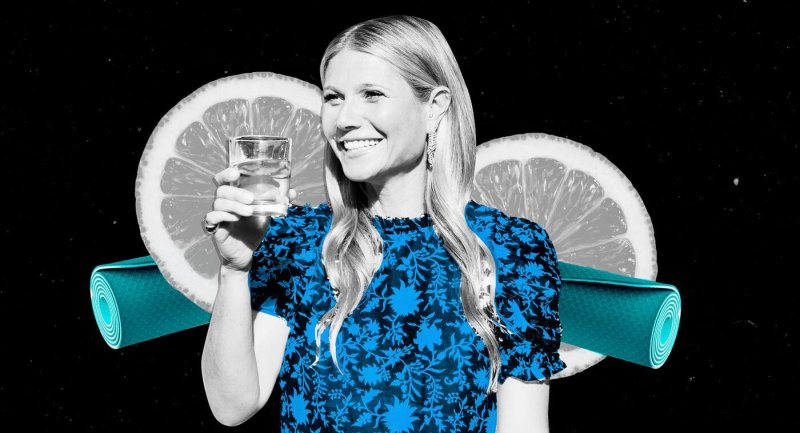In the third episode of Goop’s Netflix series, a female guest remarks that we women are seen as “very dangerous when we’re knowledgeable.”
“Tell me about it,” Gwyneth Paltrow knowingly replies amid “mm-hmms”—as if she has a first-hand understanding of this.
But after watching just a few minutes of any of the six episodes of the goop lab—or knowing pretty much anything about her pseudoscience-peddling “contextual commerce” company “Goop”—one might be skeptical that Paltrow has ever borne any such burden of knowledge in her life.
In fact, earlier in that same episode, we learn that the 47-year-old actor didn’t even know what a vagina is.
“It’s our favorite subject—vaginas!” Paltrow proclaims gleefully. Then the same guest, feminist sex educator Betty Dodson, corrects her: “The vagina is the birth canal—only. You want to talk about the vulva, which is the clitoris, and the inner lips, and all that good shit around it.”
[Goop’s Netflix trailer: Paltrow sinks into a vagina, spews pseudoscience]
…
In so many ways, the goop lab with Gwyneth Paltrow is exactly what you’d expect based on what we already know about the Goop brand. The series provides a platform for junk science, gibberish, and unproven health claims from snake-oil-salesmen guests. It’s a platform on which respected, trained medical experts are not considered the authorities on health and medical topics; where logic and critical thinking are enemies of open-mindedness; where anecdotes about undefined health improvements are considered evidence for specific medical treatment claims; where the subjective experiences of a few select individuals are equivalent to the results of randomized, controlled clinical trials; and where promoting unproven, potentially dangerous health claims is a means to empower women.…
The series provides a platform for junk science, gibberish, and unproven health claims from snake-oil-salesmen guests. It’s a platform on which respected, trained medical experts are not considered the authorities on health and medical topics; where logic and critical thinking are enemies of open-mindedness; where anecdotes about undefined health improvements are considered evidence for specific medical treatment claims; where the subjective experiences of a few select individuals are equivalent to the results of randomized, controlled clinical trials; and where promoting unproven, potentially dangerous health claims is a means to empower women.
But, beyond all of that, the show is just, well, boring.
Read full, original post: Goop’s Netflix series: It’s so much worse than I expected and I can’t unsee it































